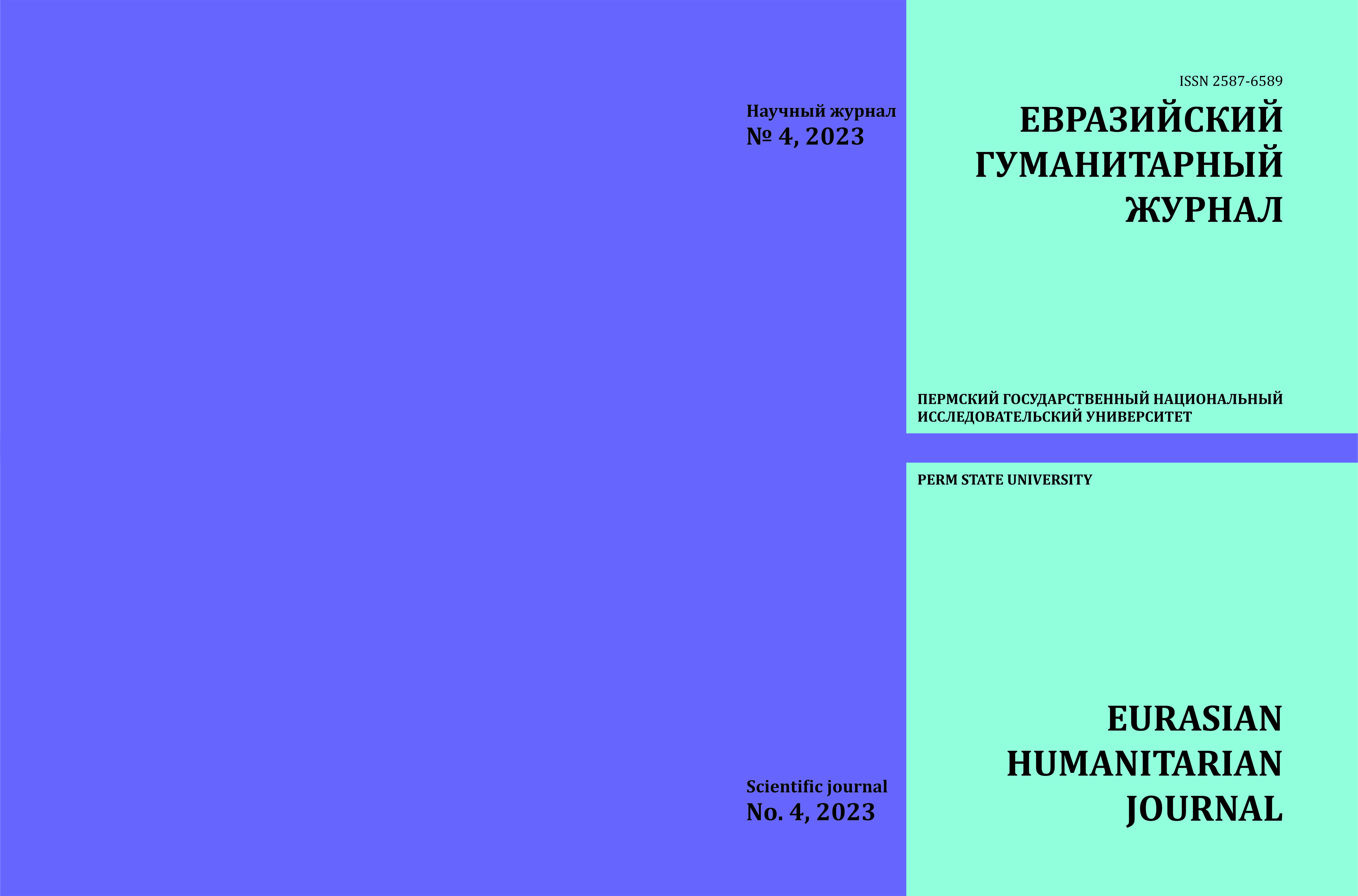РЕПРЕЗЕНТАЦИЯ ПРЕДСТАВЛЕНИЙ ОБ УМЕ И ГЛУПОСТИ В РУССКИХ И ТУРКМЕНСКИХ ПОСЛОВИЦАХ И ПОГОВОРКАХ
Ключевые слова:
пословицы, поговорки, русский язык, туркменский язык, лингвокультурология, русский язык как иностранный, паремииАннотация
В современном обществе возрастают возможности межкультурных контактов, и возникает необходимость более глубокого познания языков и культур самых разных народов. Для понимания языка и культуры изучаемого – неродного – языка весьма значимым является более глубокое проникновение в языки: свой и чужой. Изучение неродного языка является поводом параллельно познать и тонкости своего родного языка. Обнаружение, перевод, семантический анализ, интерпретация и возможности использования той или иной паремии (пословицы или поговорки) и составляют суть представленного в статье исследования. Авторы данной статьи изучают фрагмент языковой картины мира, возможности русского и туркменского языков в аспекте характеристики таких концептуально значимых и антонимически связанных феноменов, как ум и глупость. Материалом данного исследования послужили пословицы и поговорки на русском и на туркменском языках, количественно это: 200 русских и 135 туркменских пословиц и поговорок. Перевод некоторых туркменских паремий сделан одним из авторов данной статьи, а некоторые даны в переводе Б. А. Каррыева. Они демонстрируют традиционный взгляд русского и туркменского народов на ум и глупость, умного и глупого человека, умные и глупые поступки. Таким образом, они характеризуют картины мира двух народов. Пословицы и поговорки об уме и глупости, умном и глупом человеке передают отношение культурного сообщества к человеку и его качествам. Кроме того, в данной статье описаны случаи, ситуации, в которых предписано использовать те или иные паремии, цели их использования.Загрузки
Опубликован
2024-04-12
Выпуск
Раздел
ОБЩЕЕ ЯЗЫКОЗНАНИЕ

